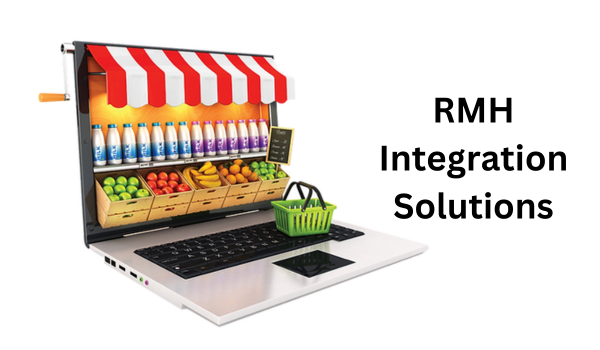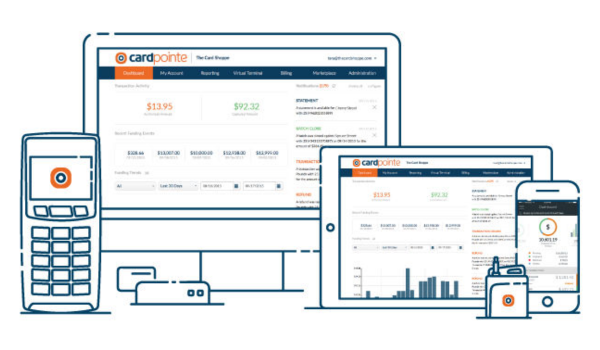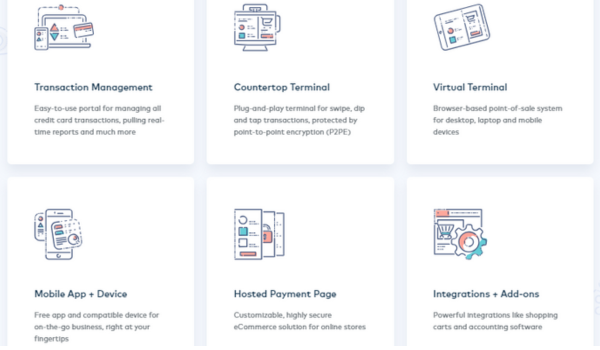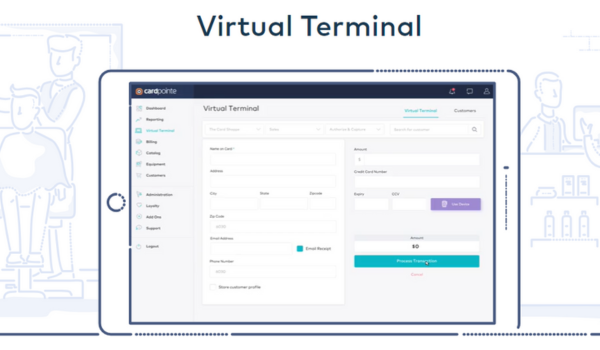
Software Integration for Merchants in Pleasanton
In the modern business environment, software integration has emerged as a key element in streamlining business processes and increasing overall effectiveness. The integration of diverse technological solutions emerges as a game-changing concept as Pleasanton businesses look for ways to simplify their operations and offer seamless client experiences. This article examines the value of software integration for Pleasanton businesses and shows how it can optimize operations, raise client happiness, and promote long-term success.
Merchants in Pleasanton's thriving commercial district face a constant need to streamline their processes and deliver top-notch customer service. Software integration is a potent tactic that has become very popular. Merchants may build a single environment that improves data flow, minimizes manual processes, and increases productivity by seamlessly linking various software systems and applications.
Knowledge of Software Integration
Understanding software integration is essential for merchants in Pleasanton who are seeking to enhance their business operations through the seamless connection of various software applications. Software integration is the process of connecting several software systems so that they can communicate information effectively and cooperate well.
Consider a situation where a retailer utilizes one software system to run its online store, another to handle customer information, and a third to manage inventories. These systems function in isolation without integration, which results in data duplication, manual data entry, and fragmented workflows. This fragmentation can lead to inefficiencies, mistakes, and a poor user experience.
Software integration addresses these challenges by enabling these separate systems to communicate and collaborate. When these systems are connected, they may exchange information in real time, doing away with the need for double data entry and lowering the possibility of mistakes. For instance, the integration can immediately update the customer database and inventory system when a customer puts an order on the online store, assuring precise stock levels and a consistent customer record.
The Benefits of Software Integration for Merchants
Enhanced Efficiency and Productivity
Integration enables businesses to automate formerly manual processes like order processing, data entry, and inventory management. This automation results in time savings and fewer mistakes, increasing production and efficiency.
Improved Customer Experience
Integrated software systems enable merchants to have a holistic view of customer interactions, purchase history, and preferences. This information empowers them to offer personalized experiences, recommend relevant products, and provide exceptional customer service.
Accurate Decision-Making
With integrated software providing accurate and real-time data, merchants can make informed decisions promptly. Whether it's restocking inventory or launching a targeted marketing campaign, integration ensures that decisions are based on up-to-date information.
Seamless Order Fulfillment
For merchants dealing with online orders, integration between their e-commerce platform and inventory management system ensures that orders are fulfilled seamlessly. This reduces the chances of overselling products and enhances customer satisfaction.
Key Considerations Before Implementing Integration
Before delving into software integration for merchants in Pleasanton, it's important to understand the key considerations that need to be taken into account before implementing such a significant change. Here, we'll outline the essential factors that merchants should carefully think about to ensure a smooth and successful integration process.
Compatibility
The first consideration is compatibility. Merchants must ensure that the software systems they intend to integrate are compatible with each other. Compatibility refers to the ability of different software applications to communicate effectively and share data seamlessly. If the systems are not compatible, integration efforts may lead to errors, data loss, or disruptions in operations. Therefore, it's crucial to assess whether the software solutions can work together harmoniously before proceeding with integration.
Data Security
Data security is paramount in today's digital landscape. During the integration process, sensitive customer information, transaction records, and business data will be flowing between different systems. Merchants must prioritize data security to protect this valuable information from unauthorized access, breaches, and cyber threats. Implementing robust encryption, authentication measures, and access controls is essential to safeguarding the integrity and confidentiality of the data being integrated.
Scalability
As merchants aim for growth, it's important to consider scalability. Integration solutions should be chosen with the future in mind, ensuring that they can accommodate increased data loads, user traffic, and system complexity. Scalability ensures that the integrated systems can grow alongside the business without requiring frequent reconfigurations or replacements. By choosing scalable integration tools, merchants can avoid the need for major overhauls as their business expands.
Expertise and Resources
Successful software integration often requires specialized expertise and resources. Merchants should evaluate whether they have the necessary skills and knowledge in-house to plan, execute, and maintain the integration. If not, seeking assistance from integration experts or consultants can be a wise decision. These professionals can guide merchants through the complexities of integration, provide best practices, and help troubleshoot any challenges that arise along the way.
Workflow Analysis
Before integrating software systems, merchants should conduct a thorough analysis of their existing workflows. This analysis helps identify pain points, redundancies, and opportunities for optimization. By understanding the current workflows, merchants can tailor the integration to address specific business needs and streamline processes. A well-planned integration should enhance workflows, not disrupt them.
Cost and ROI
Software integration comes with costs, both in terms of financial investment and time. Merchants should carefully assess the costs associated with purchasing integration tools, hiring experts, and potentially training employees. Alongside costs, merchants should also consider the potential return on investment (ROI). How will integration impact efficiency, productivity, customer satisfaction, and revenue generation? Weighing the costs against the anticipated benefits is crucial for making informed decisions.
Change Management
Implementing software integration can lead to changes in processes, roles, and responsibilities within the organization. Merchants need to consider how these changes will be managed and communicated to employees. Change management strategies should be put in place to ensure that employees understand the purpose of integration, are trained on new systems, and can adapt seamlessly to the changes. Effective change management minimizes resistance and disruptions during the integration process.fore embarking on software integration, merchants should consider
Conclusion
In the dynamic business landscape of Pleasanton, software integration has emerged as a vital tool for merchants seeking to streamline operations and elevate customer experiences. By seamlessly connecting diverse software systems, merchants can unlock enhanced efficiency, data accuracy, and improved decision-making. As technology continues to advance, embracing software integration will become increasingly essential for sustained growth and success.









